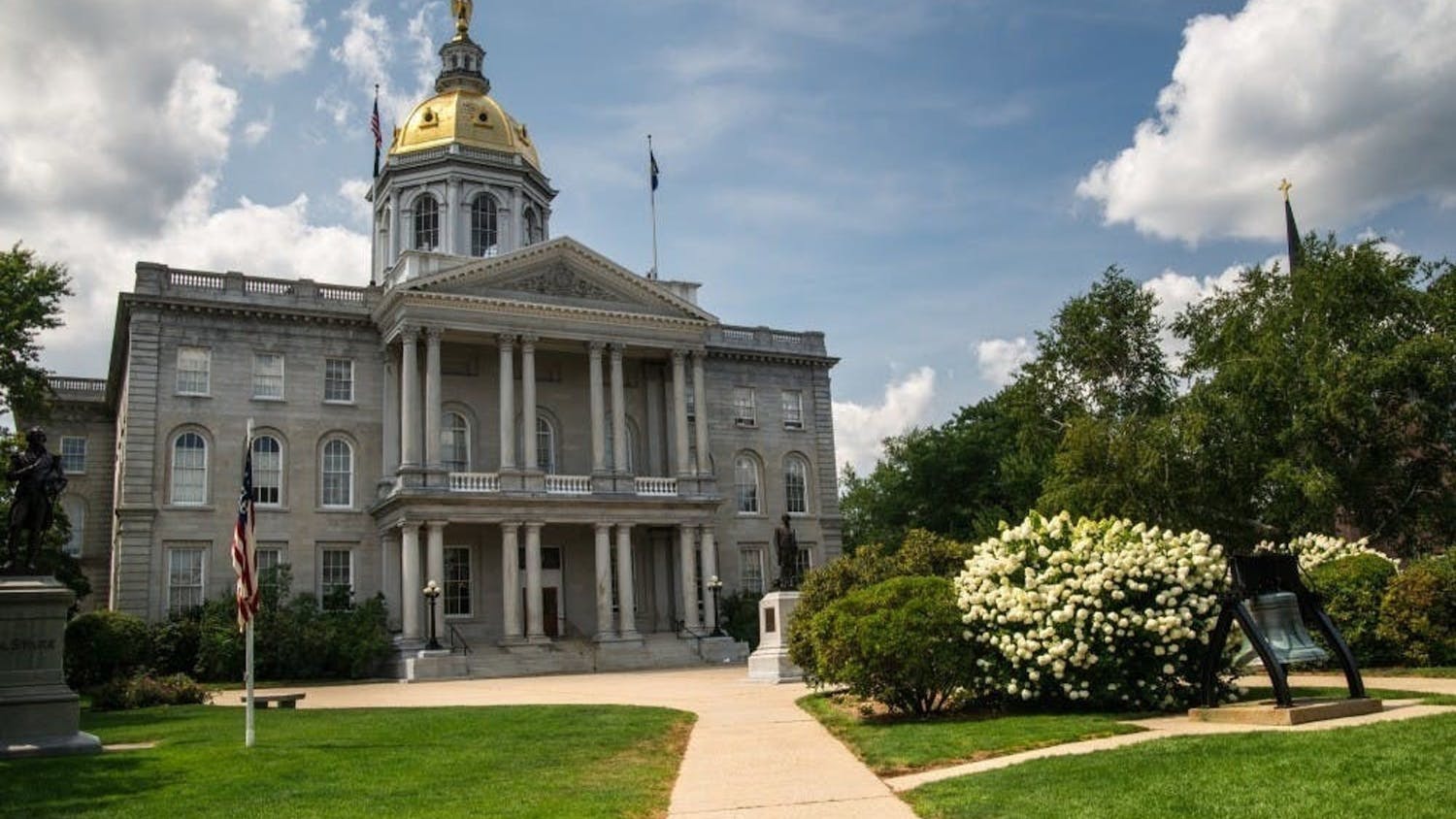After writing an article for the July issue of "Esquire" magazine, Ron Suskind became the target of a White House effort to discredit his character.
Suskind, a winner of the Pulitzer Prize and journalist-in-residence this term at Dartmouth, spoke Wednesday afternoon on the "Perils of Truth-telling" and the ways in which the current presidential administration had handled and managed the media.
Evoking images of a tight-lipped White House communications staff, Suskind chronicled the period of time when he had access to, in his consideration, the most powerful female in the history of the Presidency: Karen Hughes.
His original plan was to write a feature piece, a profile of the woman President George W. Bush had trusted as a senior staff member since his time as governor.
Suskind had "extraordinary access" to first-hand information about the power relationships within the West Wing. He spoke with as many people as he could about the dynamics of Hughes's position and the influence she had over the President.
Moments before he was to submit his feature piece, he received the message that Hughes was stepping down from her position as White House Communications Director, and went back in to discover why. His style of approach changed from that of "a nice feature reporter to a nasty investigative reporter," Suskind said.
That type of probing media coverage was what the Bush White House had been managing to avoid since the inauguration, said Suskind. There had been "no consequential stories about what's been going on inside the White House," he said.
Suskind changed that trend, with the publication of his article, "Mrs. Hughes Takes Her Leave," which was finally rewritten as a piece about the reasons that Hughes was leaving, and the reasons that she would be missed.
The attacks on Suskind's credibility began after the CBS Evening News picked up the "Esquire" article and repeated a quotation from White House Chief of Staff Andy Card. The White House objected to Card's comments on the power dynamics in the post-Hughes era of the Bush administration, and tried to condemn the reporter as a falsifier or information.
Suskind's voice grew louder and his gestures became more emphatic as he addressed the lecture hall, recalling that he had been told by the White House that, "The people don't want to hear your questions," especially during a time of national strife.
"They don't like me, they don't want me around," Suskind said, referring more generally to the entire class of journalists than to himself in particular.
An administration that had heretofore been meticulously managed in regard to media access found itself unguarded, and attempted to restore its control on the access to information by issuing "risk-adverse threats" to determined reporters, Suskind said.
He questioned the need for silence and the attempt at the attack on his character and consequently, his entire career, though he said, "Managing media the way they did is, in some ways, strategically necessary."
In Suskind's view, challenging the status quo is the job of a professional journalist. Access to the Bush White House had been difficult to get, and he equated access "or the presumption of access" with currency in Washington.
Suskind stated towards the end of his lecture that Card did tell the truth after a few days of declining to directly address the verity of the article, but the event illustrated how closely the administration guarded itself against the press.



